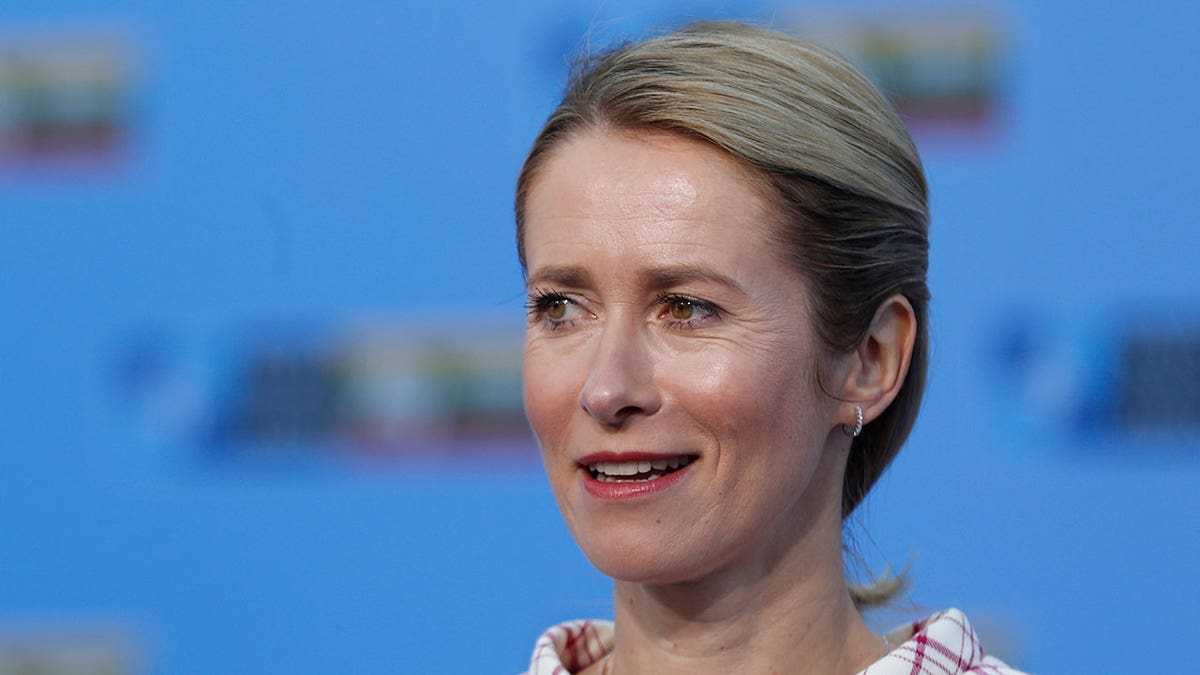World
Estonian PM Kaja Kallas Accused by Russia Over Monument Removals Amid Tensions with NATO

Estonia‘s Prime Minister Kaja Kallas has found herself on a wanted list issued by Russia, sparking tensions amidst the ongoing conflict in Ukraine. The move comes as part of Russia’s response to Kallas’s efforts in removing Soviet-era Second World War monuments within the Baltic nation.
The inclusion of Kallas on the list, alongside scores of officials from Latvia, Lithuania, and Poland, signifies a significant escalation in the diplomatic stand-off, especially with NATO members that have been vocal in supporting Ukraine and advocating for stronger measures against Russia.
Russian Foreign Ministry spokesperson Maria Zakharova confirmed the accusations against Kallas and other officials, citing their involvement in the removal of monuments as the basis for the wanted list action.
Kallas has dismissed Russia’s actions as a “familiar scare tactic,” reaffirming her commitment to supporting Ukraine and bolstering Europe’s defence strategies. It marks a rare instance of a foreign leader being targeted by Russian authorities, underscoring the heightened tensions between the Kremlin and Western powers.
The move by Russia also comes at a time when Europe is closely watching the unfolding political landscape in the United States, with concerns over the implications of former President Donald Trump‘s remarks on NATO’s commitments and President Joe Biden‘s reassurances.
Estonia, along with fellow Baltic states Latvia and Lithuania, has been at the forefront of efforts to distance itself from Soviet influences, including the removal of monuments that symbolize the occupation era. The actions taken by these nations have drawn sharp criticism from Moscow, which views the moves as disrespectful to the memory of fallen Soviet soldiers in the Second World War.
As the conflict in Ukraine continues to evolve, the targeting of Kallas and other officials represents a calculated response by Russia to assert its historical narrative and push back against perceived challenges to its national memory and identity.
In the broader context of NATO’s commitments and the security dynamics in Europe, the developments surrounding Kallas and the extradition demands from Russia underscore the complex interplay between historical legacies, geopolitical tensions, and the shifting alliances in the region.
While Kallas and her counterparts navigate the diplomatic fallout of being on Russia’s wanted list, the implications for the future of Baltic-Europe relations and the broader security landscape remain uncertain, with key players closely monitoring the evolving situation.












